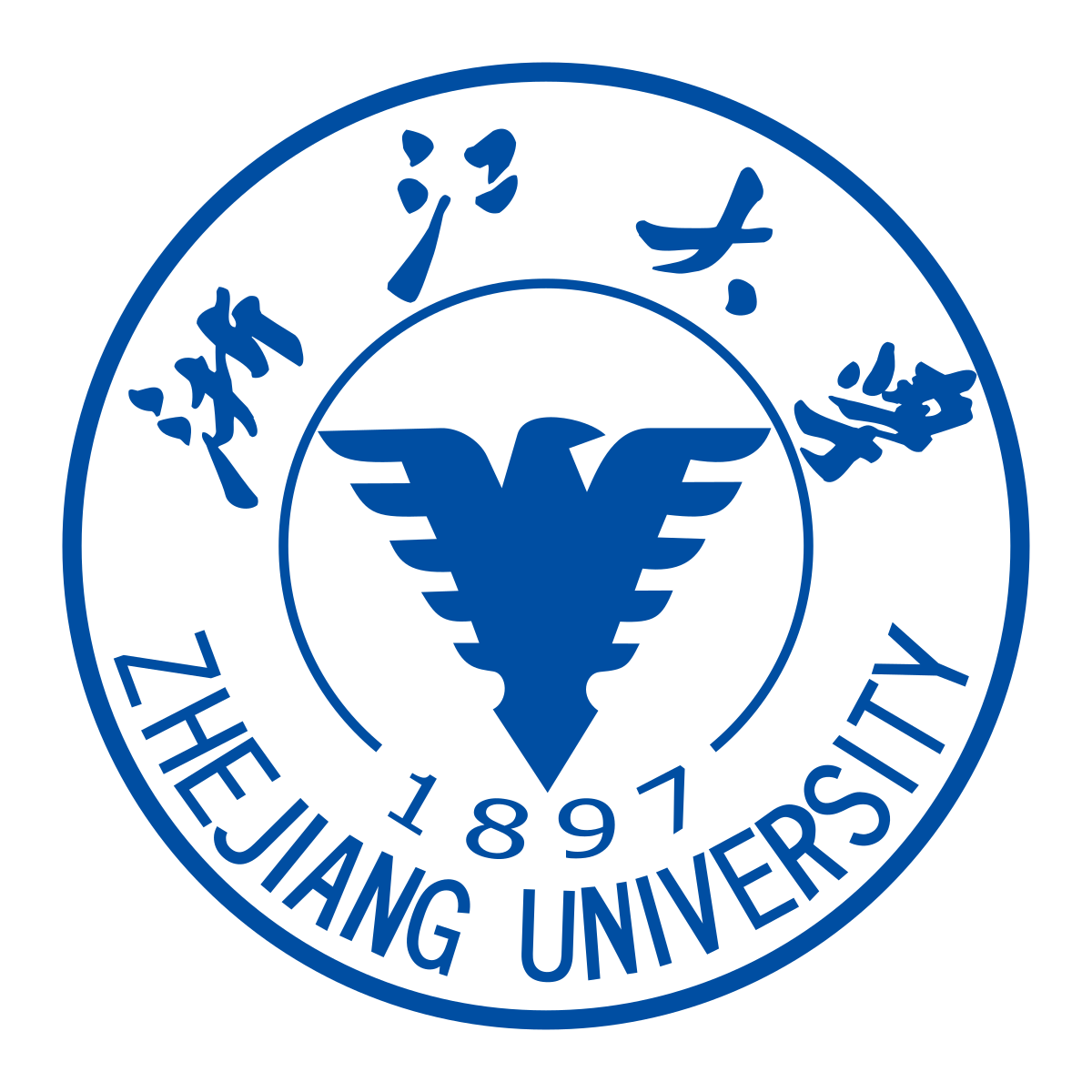Zhejiang University: Global representatives from multi-stakeholders join the heated discussion on “Open Science and Quality Graduate Education in Global South”
On May 4, a side event under the framework of the 7th UN STI Forum, was hosted to engage representatives from multi-stakeholders including leadinguniversities, global publishers, NGOs and academics to explore the interaction between ‘open science’ and ‘quality graduate education’ in Global South under South-South collaborations. The heated dialogue was addressed for all the panelists to forge a consensus over the concept of open science on graduate education in Global South and deliver valuable recommendations on next steps.
Her excellency, Shamila Nair-Bedouelle, the UNESCO Assistant Director-General for the Natural Sciences, kicked off the floor of the session:
“The transition to open science requires a common understanding of benefits and challenges. The different parts, the different groups of stakeholders in different regions of the world need to undertake, to put the principles of open science in practice.” As a powerful engine to “bridge the science technologies and innovation gaps between and within countries”, open science “requires enabling policy environments and standards and different levels from institutional to national to regional and international.”
Dr. Romain Murenzi, Executive Officer of The World Academy of Sciences (TWAS) emphasized:
“Open science really has the potential of making scientific progress more transparent, and to make it more inclusive and more practical. It is this inclusiveness that I think is fundamental for the attainment of SDGs and the Agenda of 2030. The UNESCO Recommendation of Open Science has been a key step in this aspect. The effects of open science to address pressing challenges of graduate education in Global South can be truly transformative.”
Then, Prof. HE Lianzhen, Vice President of Zhejiang University, shared some example practices of current collaborative models for quality graduate education in Global South:
“Graduate education has become more important and necessary than ever as it brings a lot of benefits to the individual level and to the whole society.” To enhance our South-South collaboration, ZJU “has strengthened scientific research collaboration and exchange of visits between teachers and students with countries in Global South, and jointly cultivate high-level talents” through different projects.
Youngsuk (YS) CHI, Chairman of Elsevier shared his insights on “How Open Science Fosters Inclusion, Collaboration, and Transparency in the Global South”:
Elsevier’s multitude definition of open science includes all the strategies that foster “a more inclusive, collaborative and transparent world of research”. In details, “open data fosters inclusion in access to key data, collaboration between internal and external researchers, and transparency of research findings.” Research integrity also “helps graduate students in the global south by fostering inclusion, collaboration and transparency.”
Niels Peter THOMAS, President for Springer Nature Greater China & Managing Director Books talked about “Facilitating Digital Inclusiveness for Countries in Global South”:
“We have pioneered transformative agreements (TAs) as a mechanism for accelerating Open Access (OA) at scale since 2014. TAs enable researchers to publish immediately OA and to access more subscription articles – all under one agreement at the institution or national level.” And at Springer Nature, we also believe that “the most significant contribution we can make towards achieving the SDGs is through our publishing activity, which helps bring to light and disseminate important knowledge related to the wide variety of issues represented within the goals.”
Prof. QIAO Jie, Senior Vice President of Peking University, gave us her presentation on “Gender Equality in Graduate Education and Professional Cultivation”:
“During the past 30 years, gender disparities in tertiary education have shifted from a male to female advantage in the world.” However, “female enrollment in tertiary education shows large regional disparities”, and “gender disparity is persistent in academic publishments, especially in top journals.” Finally, she emphasized that “women’s higher education benefits for themselves, their family, the next generation, and sustainable development in the whole society.”
The side event was concluded by an in-depth discussion on how open science can promote graduate education in Global South. Moderated by Prof. YANG Wei, the Former President of Zhejiang University, extended his greatest appreciation to all the speakers and once again emphasized the significant role that open science can play for promoting graduate education in Global South:
“Open science now come to the center-stage of global development of science, technology and innovation. The countries in the global south should become more active in this area. The economical, societal and scientific developments in the global south can be improved by quality graduate education, by the emphasis on gender equality.”
More than 75 scholars and students from home and abroad joined the event and over 3,200 attendees participated in it via live-streaming platforms.

